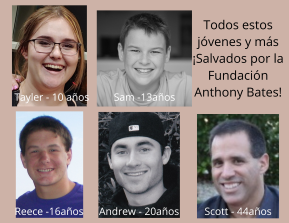
Paro Cardiaco Subito en los Jovenes es un problema de Salud Publica que tiene Solucion!
El paro cardíaco súbito (PCS) es la principal causa de muerte en atletas jóvenes durante la práctica de deportes. Las principales organizaciones médicas están de acuerdo en realizar exámenes cardíacos para la detección temprana de afecciones cardíacas. Los métodos, sin embargo, siguen siendo objeto de debate.
En Parent Heart Watch sitio web reporta datos alarmantes informan de jovenes que perdieron la vida por (PCS) por una condicion cardiaca no detectada
El equivalente a casi un joven cada hora, diariamente , cada año en los Estados Unidos .1 de cada 300 Jovenes puede tener una afeccion cardiaca no detectada. La mayoria de estas muertes se pueden prevenir con examenes regularmente y continuos
La Academia Estadounidense de Pediatría (AEP) y Parent Heart Watch recomiendan y abogan por el examen cardíaco de todos los niños, ya sea que participen en deportes organizados o no. Las nuevas pautas de detección se pueden ver aquí.
En Arizona, otra defensora y campeona proactiva de la prevención de (PCS) a través de exámenes regulares es Sharon Bates, fundadora y directora ejecutiva de la Foundation Anthony Bates (FAB). La FAB programa eventos de detección continuos en todo el valle y en todo el estado. Cabe destacar que el FAB supera las recomendaciones nacionales de detección y los coloca a la vanguardia para cerrar la brecha entre la evidencia, la política y la práctica.
Datos sobre PCS
¿Qué debe incluir el examen del corazón?
1. https://parentheartwatch.org/aap-heart-screening-policy/ healthychildren.org
2. https://www.ahajournals.org/doi/10.1161/JAHA.119.012235
3.https://publications.aap.org/pediatrics/article/148/1/e2021052044/179969/Sudden-Death-in-the-Young-Information-for-the? autologincheck=redirected#sec-25
4. https://www.anthonybates.org/
El paro cardíaco súbito (PCS) es la principal causa de muerte en atletas jóvenes durante la práctica de deportes. Las principales organizaciones médicas están de acuerdo en realizar exámenes cardíacos para la detección temprana de afecciones cardíacas. Los métodos, sin embargo, siguen siendo objeto de debate.
En Parent Heart Watch sitio web reporta datos alarmantes informan de jovenes que perdieron la vida por (PCS) por una condicion cardiaca no detectada
El equivalente a casi un joven cada hora, diariamente , cada año en los Estados Unidos .1 de cada 300 Jovenes puede tener una afeccion cardiaca no detectada. La mayoria de estas muertes se pueden prevenir con examenes regularmente y continuos
La Academia Estadounidense de Pediatría (AEP) y Parent Heart Watch recomiendan y abogan por el examen cardíaco de todos los niños, ya sea que participen en deportes organizados o no. Las nuevas pautas de detección se pueden ver aquí.
En Arizona, otra defensora y campeona proactiva de la prevención de (PCS) a través de exámenes regulares es Sharon Bates, fundadora y directora ejecutiva de la Foundation Anthony Bates (FAB). La FAB programa eventos de detección continuos en todo el valle y en todo el estado. Cabe destacar que el FAB supera las recomendaciones nacionales de detección y los coloca a la vanguardia para cerrar la brecha entre la evidencia, la política y la práctica.
Datos sobre PCS
- El corazón deja de latir repentinamente, deteniendo el flujo de sangre al cerebro y otros órganos vitales.
- Afecta a atletas jóvenes Y niños y adolescentes sanos que no participan en deportes organizados.
- Es fatal si no se trata inmediatamente. Con reanimación cardiopulmonar (RCP) debe iniciarse de inmediato, activando un plan de acción de emergencia y usando un desfibrilador externo automático (DEA) utilizado dentro de los 5 minutos.
- Las condiciones del corazón pueden cambiar o evolucionar con el tiempo, lo que significa que un corazón que alguna vez fue normal puede desarrollar una enfermedad a medida que el niño crece. La evaluación continua es esencial.
- Cualquier niño que tenga síntomas debe ser examinado todos los años. FAB remite las pruebas de detección anormales al médico de familia o al médico de atención primaria . Si se justifica, el doctor Primario lo referirá a un cardiólogo.
- Enfermedad cardíaca eléctrica o problemas del ritmo cardíaco
- Enfermedad estructural del músculo cardíaco o de las arterias que suministra sangre al corazón
- Un golpe repentino en el pecho, infección del músculo cardíaco, electrocución, uso recreativo de drogas.
¿Qué debe incluir el examen del corazón?
- Visitas periódicas de niño sano con su médico de cabecera
- Antecedentes familiares de enfermedades del corazón.
- Evaluación previa a la participación deportiva
- Cuestionario cardiovascular para atletas/estudiantes, controles de presión arterial, ECG/EKG (electrocardiograma), cardiograma ECHO (ultrasonido) (prueba estándar en eventos de detección de FAB)
- Capacitación en RCP y DEA basada en la comunidad
- Colocación de DEA en terrenos escolares, cerca de campos deportivos y de entrenamiento, y en lugares públicos donde juegan los niños
- TODOS los niños deben someterse a pruebas de detección de problemas cardíacos, no solo los atletas jóvenes que necesitan exámenes físicos deportivos. Las pruebas de detección deben incorporarse a las visitas regulares de niño sano, al menos cada dos o tres años, lo que respalda la necesidad y la importancia de las pruebas de seguimiento continuas.
- TODOS los niños de primaria, secundaria y preparatoria deben ser evaluados ya sea que estén practicando deportes o no.
- Considere evaluar a los niños que tuvieron la infección por COVID-19.
- Llame a (FAB) para organizar un evento.
- programe la evaluación de su hijo en un evento de FAB cerca de usted.
- TODOS los niños deben someterse a pruebas de detección en las visitas regulares de control de niños sanos y cada año para detectar afecciones relacionadas con el corazón que puedan provocar un PCS.
- Se debe requerir un historial médico y de condiciones cardíacas detallado, y un examen físico.
- Se recomienda un ECG/EKG y/o un ECHOcardiograma, leído por un cardiólogo pediátrico (estándar en un evento de detección de FAB).
- Remisión al médico de familia , primero. Luego, si se necesitara mandar a los pacientes a un especialista cuando esté indicado.
- Repita la prueba del corazón al menos cada 2 o 3 años, preferiblemente una vez al año (menores de 19 años). Los adultos deben hacerse la prueba cada 5 años.
- Identificar factores de riesgo, signos y síntomas de PCS (a menudo sin advertencia)
- Un plan de acción de emergencia, capacitación en RCP basada en la comunidad y colocación de DEA en áreas públicas donde juegan los niños.
1. https://parentheartwatch.org/aap-heart-screening-policy/ healthychildren.org
2. https://www.ahajournals.org/doi/10.1161/JAHA.119.012235
3.https://publications.aap.org/pediatrics/article/148/1/e2021052044/179969/Sudden-Death-in-the-Young-Information-for-the? autologincheck=redirected#sec-25
4. https://www.anthonybates.org/
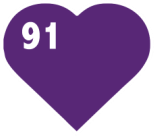
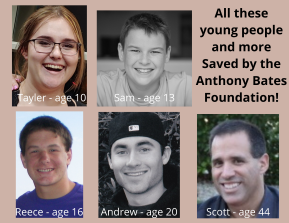
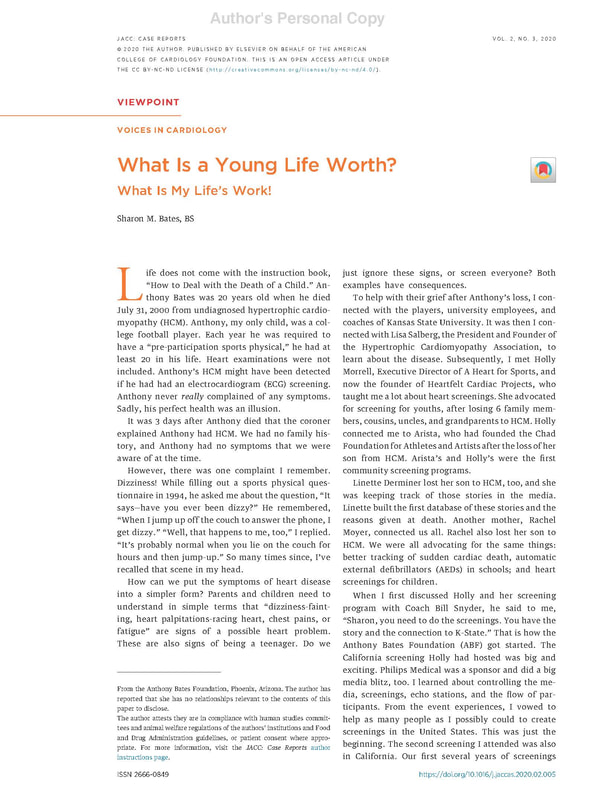
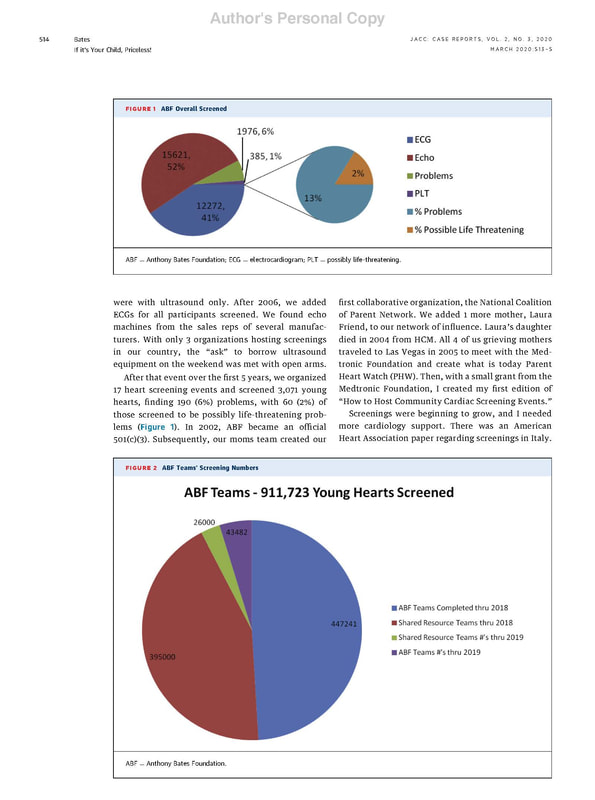
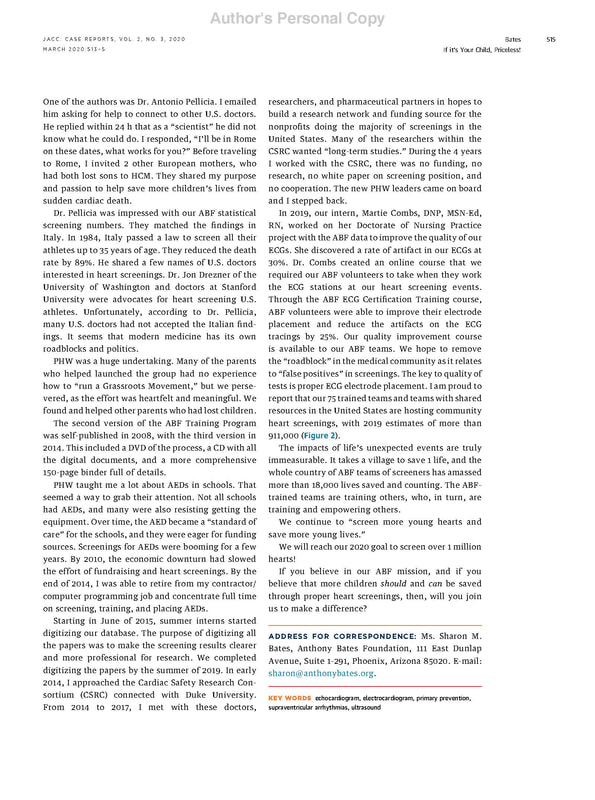
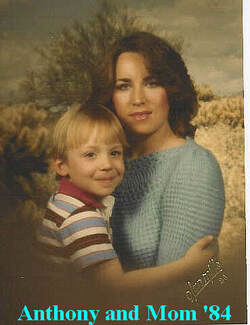
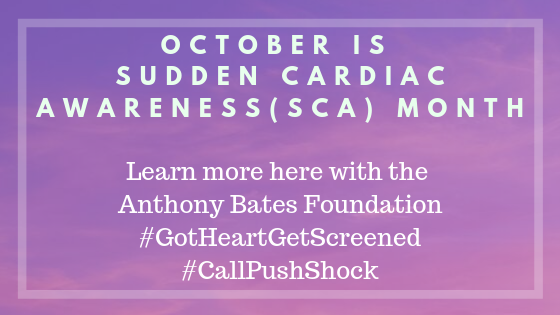
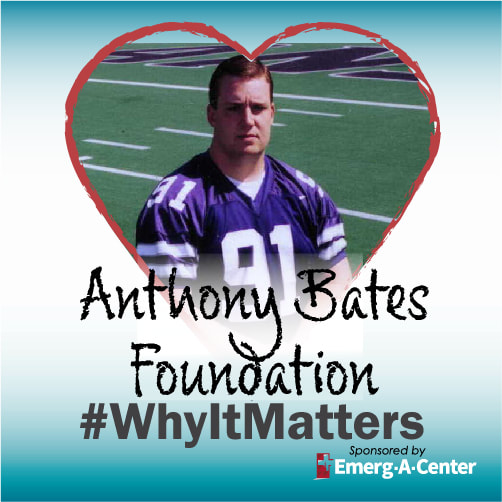
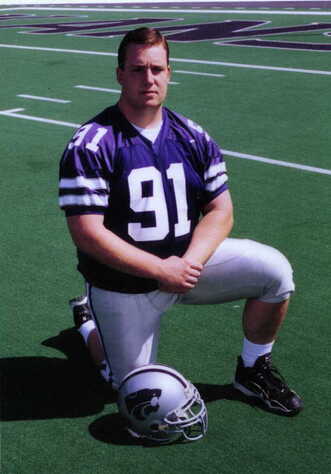
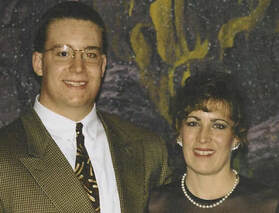
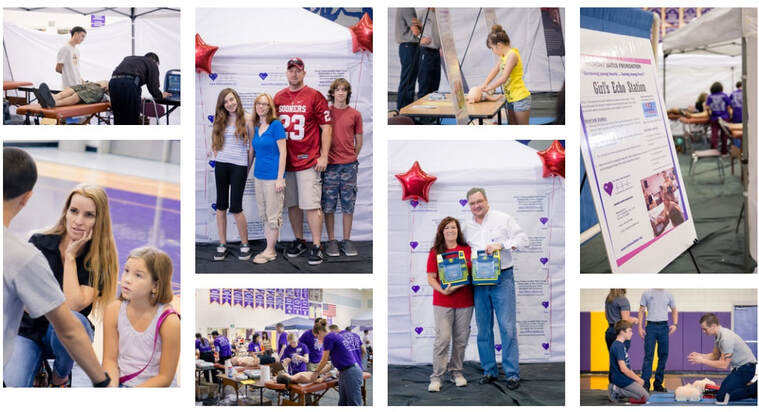
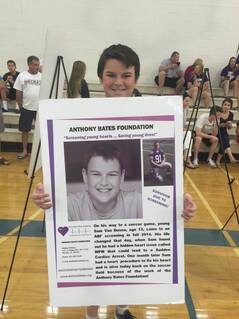
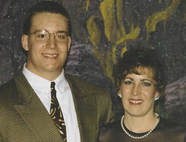
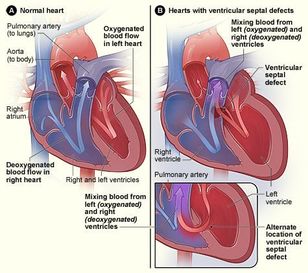
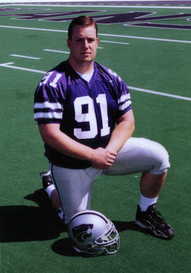
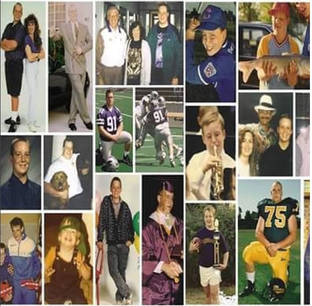
 RSS Feed
RSS Feed